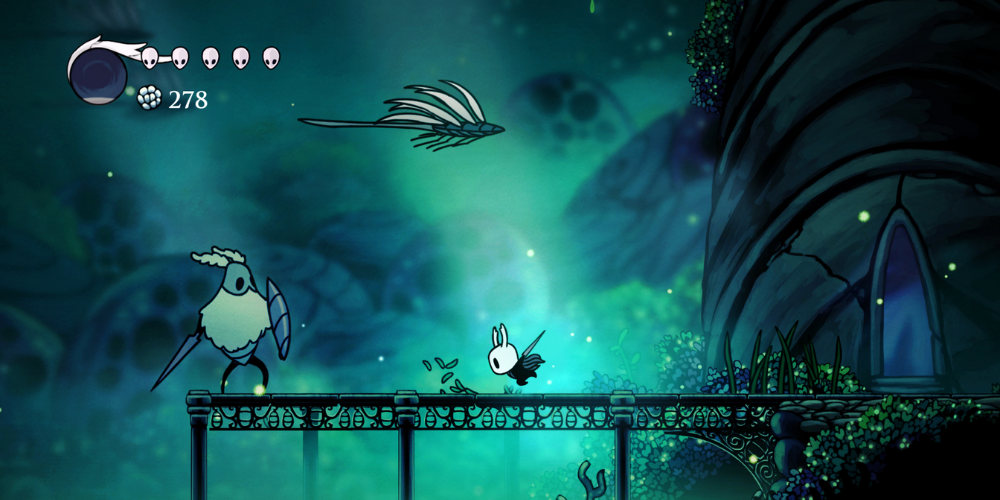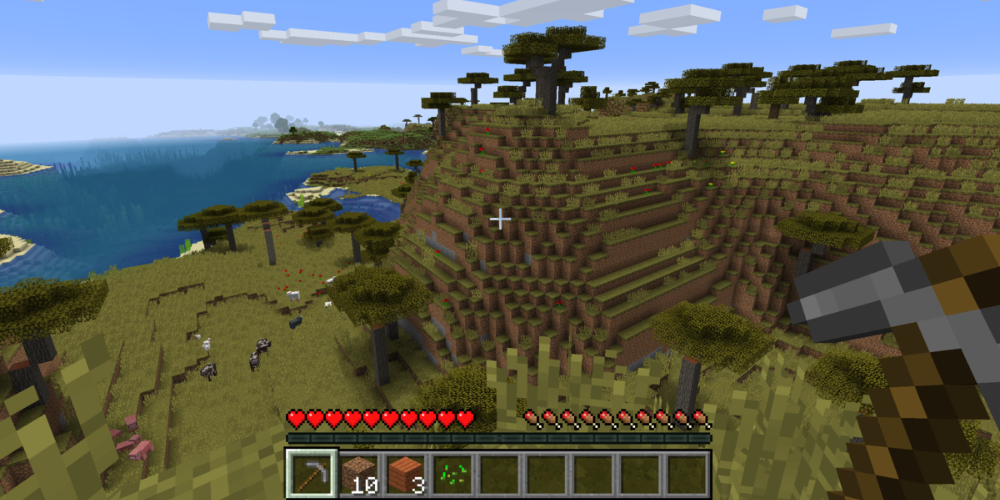From Passion Projects to Mainstream Success: The Inspiring Journey of Indie Developers
- 2024-03-17 10:50

In the landscape of video game development, the surge of indie developers, from passionate enthusiasts to influential figures in the industry, marks a remarkable chapter. These creators, often starting with limited resources but boundless creativity, have transformed the way we perceive game development, proving that impactful narratives and innovative gameplay can emerge from the most humble beginnings. This delves into the inspiring journey of indie developers, tracing their path from small-scale passion projects to achieving widespread acclaim and commercial success.
The Early Beginnings: Dreams and Challenges
Every indie developer's journey begins with a dream. It's a vision often born from a deep love for gaming and a desire to contribute something unique to the world. For many, this dream starts in their bedrooms, garages, or small offices, with nothing but a personal computer and a plethora of ideas. The challenges at this stage are abundant—limited funding, lack of industry connections, and the daunting task of balancing development with personal commitments. However, it's the passion for their vision that keeps indie developers pushing forward, utilizing ingenuity to overcome these obstacles.
One of the most significant challenges indie developers face is acquiring the necessary skills for game development. Unlike large studios that can distribute tasks among specialized teams, indie developers often wear multiple hats, from coding and design to marketing and sound engineering. This compels them to be lifelong learners, constantly exploring new software, tools, and methods to bring their visions to life. The internet, with its wealth of tutorials, forums, and free resources, plays a crucial role in their self-education and skill development.
Developing a Unique Voice
.png)
What sets indie developers apart in the crowded gaming industry is their unique voice and creativity. Without the constraints of market trends or corporate agendas, they are free to experiment with unconventional gameplay mechanics, narratives, and art styles. This creative freedom allows them to craft experiences that resonate on a personal level with players, often exploring themes and stories overlooked by mainstream titles.
One example of this is the exploration of mental health, a topic that many indie games have approached with sensitivity and insight, offering players not just entertainment but a deeper emotional connection. These narratives are often inspired by the developers' own experiences, lending an authenticity that can't be replicated by larger studios. This authenticity is what attracts a dedicated following, creating a community around the developers' work.
The Power of Community Support
Platforms like Steam, itch.io, and the Nintendo eShop have made it easier for developers to reach a global audience, while social media and streaming services like Twitch and YouTube have provided invaluable spaces for marketing and community engagement. Through these avenues, indie developers can connect with fans, receive feedback, and build anticipation for their releases—all without the need for a substantial marketing budget.
Crowdfunding platforms such as Kickstarter and Indiegogo have also revolutionized the way indie developers fund their projects. By presenting their ideas directly to potential players, developers can secure the financial support needed to complete their games while also gauging public interest. Success stories like "Hollow Knight" and "Shovel Knight" showcase how a strong pitch and community support can lead to funding well beyond initial goals, enabling developers to expand their vision and polish their games to perfection.
Innovative Gameplay and Narrative Techniques
.png)
Indie developers often push the boundaries of traditional gaming by experimenting with gameplay and narrative. Without the pressure to conform to the proven formulas of blockbuster hits, they create games that challenge players in new ways. This includes incorporating mechanics from multiple genres, experimenting with non-linear storytelling, or even questioning the nature of gameplay itself.
Games like "Undertale" and "The Stanley Parable" have disrupted traditional narrative structures, offering players a level of agency and meta-commentary rarely seen in mainstream titles. These games not only entertain but also provoke thought about the medium of video games and the role of the player, earning critical acclaim and a place in gaming history.
Breaking into the Mainstream
The journey from passion project to mainstream success is a dream realized by a select few indie developers, but their impact on the industry is undeniable. Titles like "Minecraft," initially developed by a single individual, have grown into cultural phenomena, influencing countless developers and inspiring new genres. These success stories demonstrate that with enough creativity, dedication, and community support, indie developers can compete with the giants of the gaming industry.
Mainstream recognition often comes in the form of awards, widespread media coverage, and the incorporation of indie games into major gaming events and conferences. This acknowledgment not only boosts sales but also validates the indie development model as a viable avenue for innovation and storytelling in games.
Looking to the Future

The future of indie game development is bright, with new tools, platforms, and funding avenues continuing to lower the barriers to entry. As virtual reality and other new technologies become more accessible, indie developers will undoubtedly lead the way in exploring their potential for gaming. Moreover, the growing emphasis on diversity and representation in the industry opens up new opportunities for stories and voices historically underrepresented in video games.
However, the increasing number of indie titles also means greater competition. Standing out will require not only creativity and technical skill but also a profound understanding of community building and marketing. As the line between indie and mainstream games continues to blur, the lessons learned from the indie developer's journey will become even more valuable, highlighting the importance of passion, innovation, and authenticity in game development.
Conclusion
The inspiring journey of indie developers from passion projects to mainstream success highlights a fundamental shift in the gaming industry. It's a testament to the power of creativity, community, and perseverance. As platforms evolve and new technologies emerge, continuing to shape the future of video games. Their stories not only entertain but inspire the next generation of developers to dream big, embrace their unique voices, and boldly go where no game has gone before.


